NUK's Science and Technology Center for Disaster Prevention and Reduction and the Kaohsiung City Government's Water Resources Bureau jointly organized the "Self-reliant Disaster Preparedness Community Achievement Exchange".
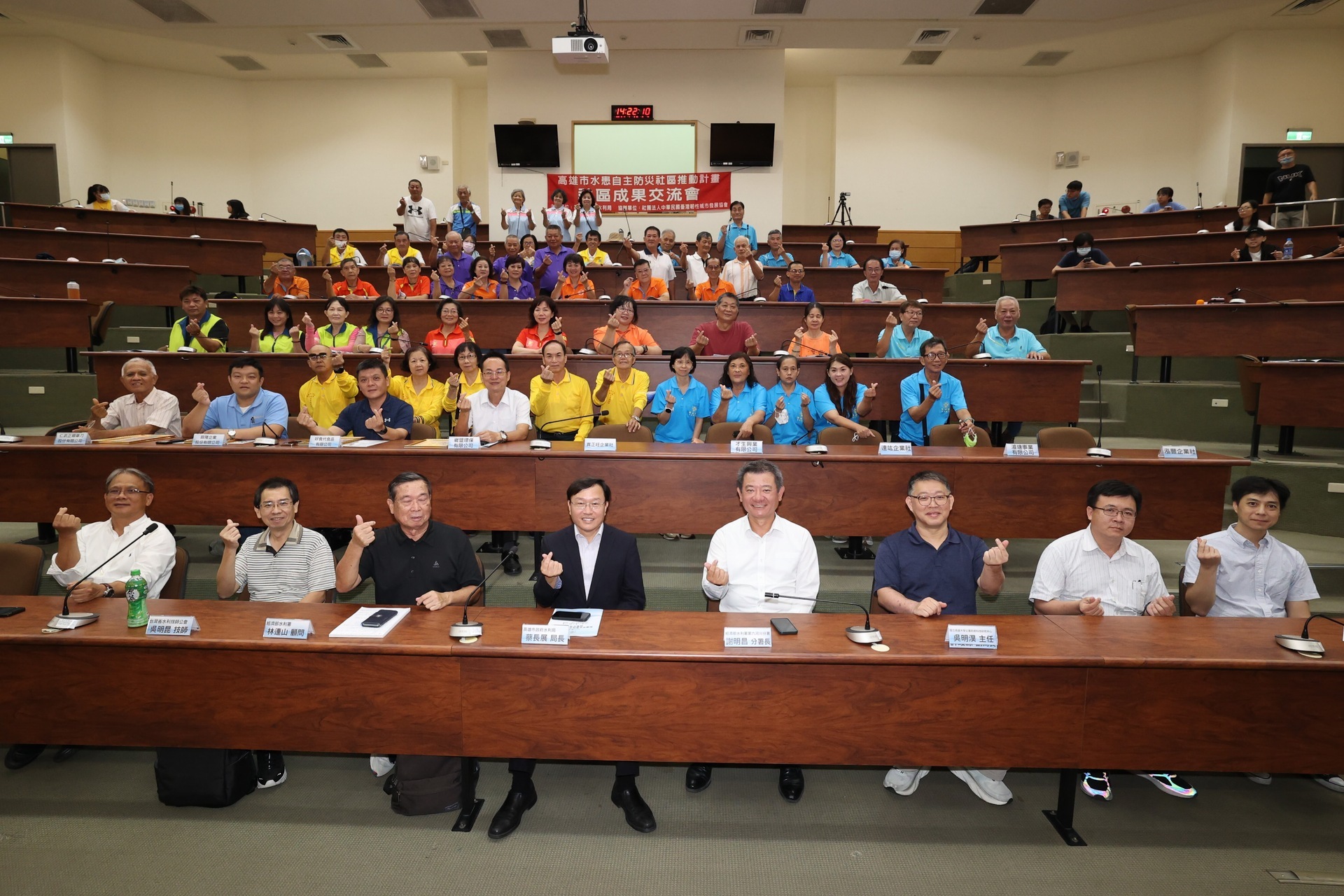
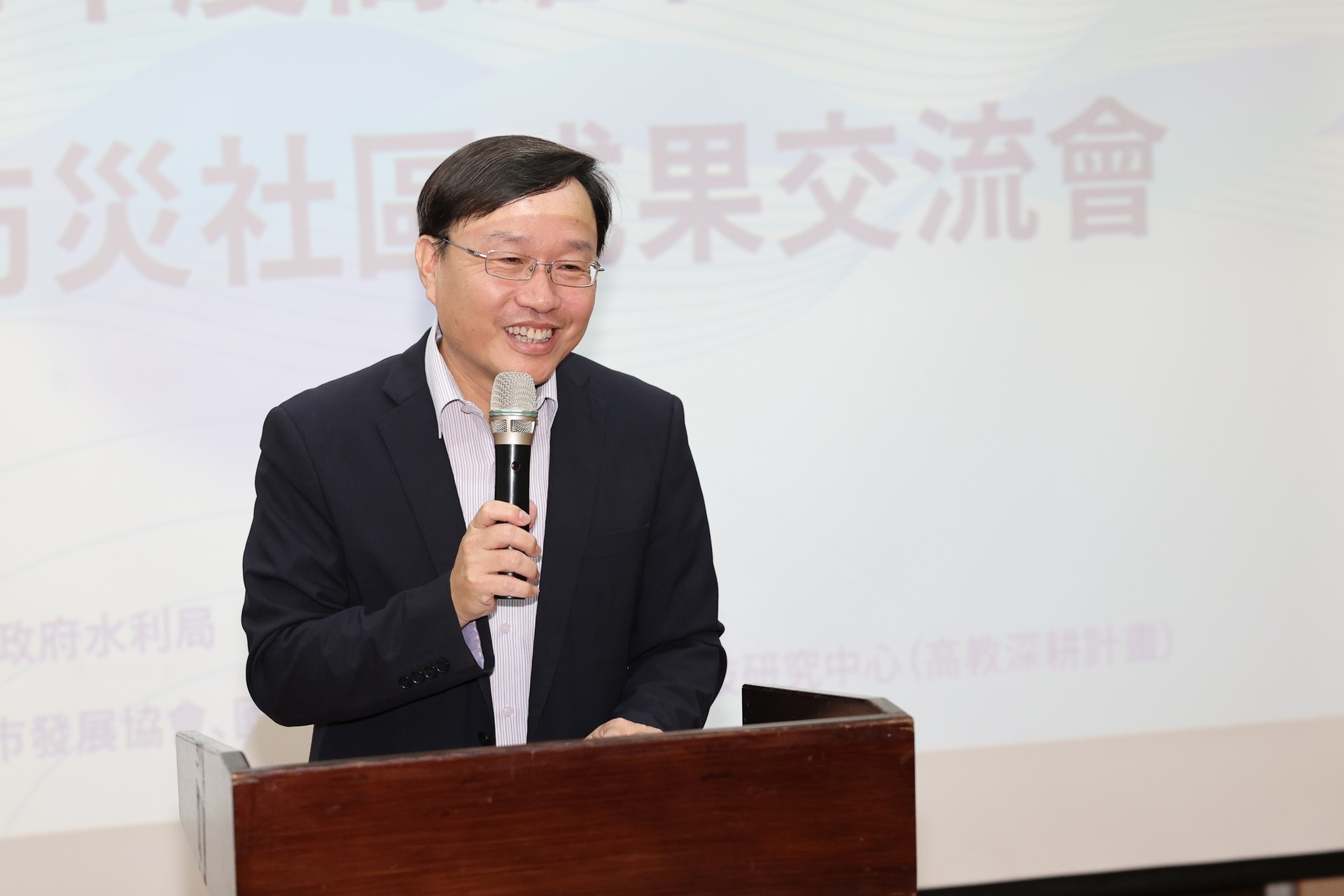
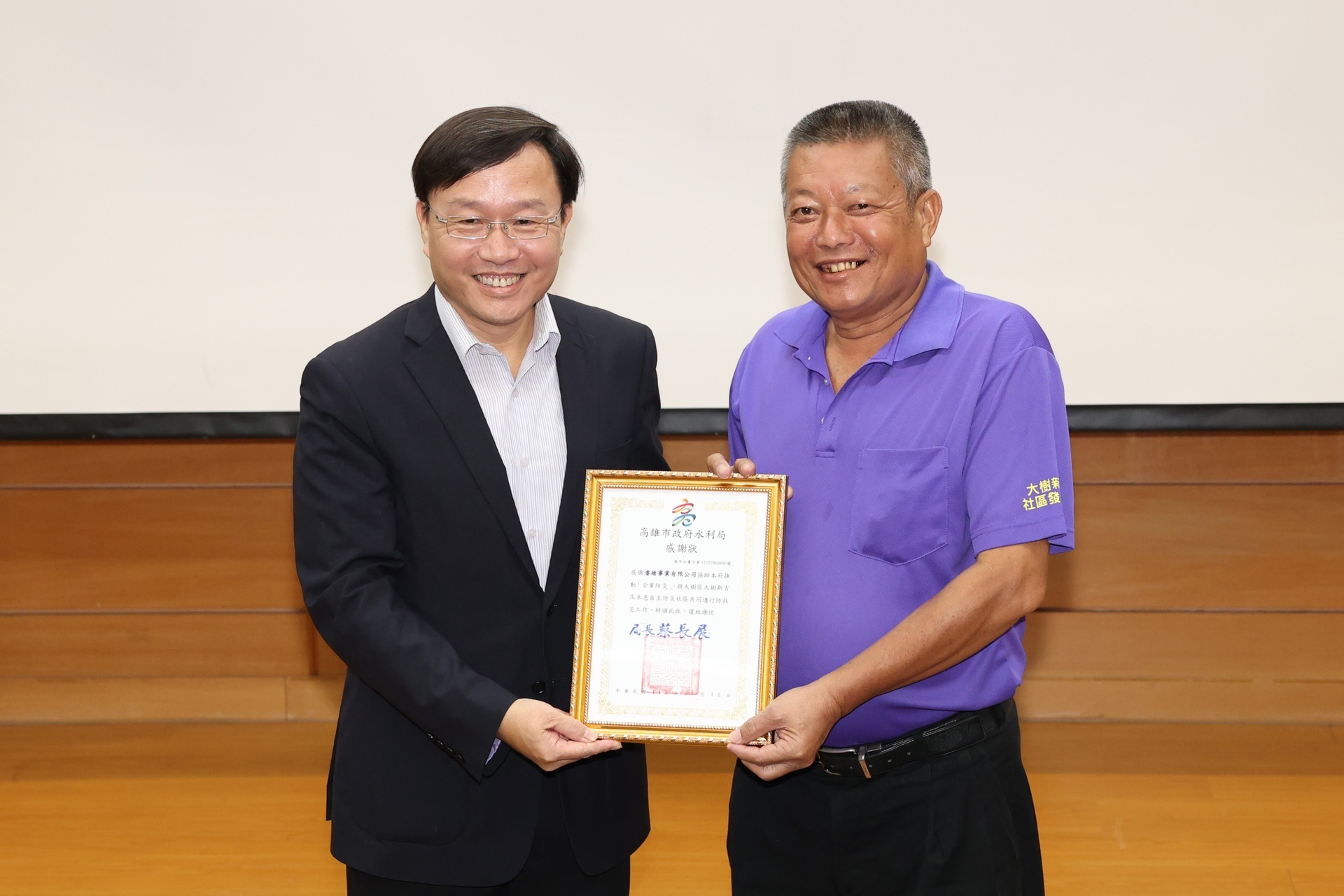
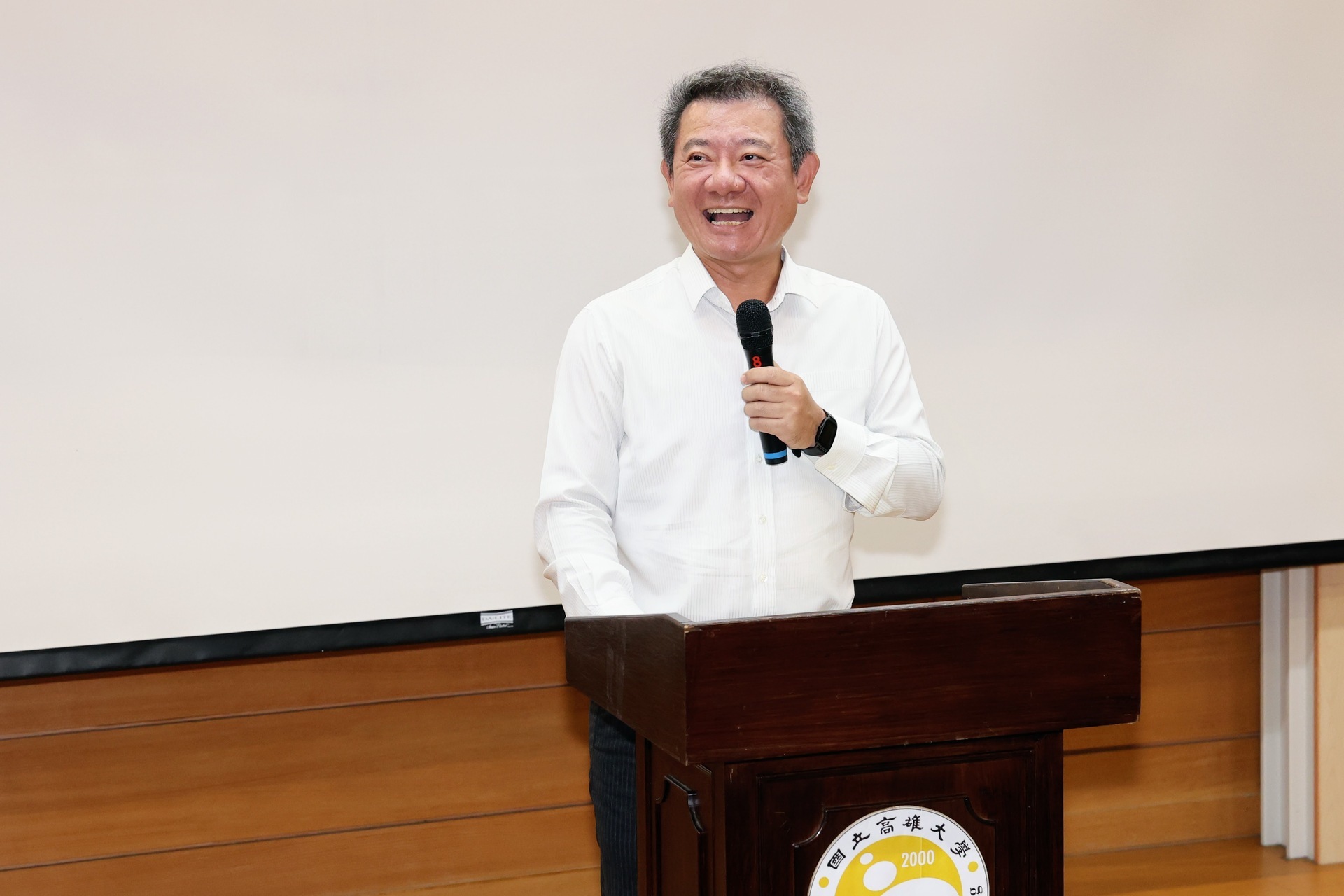
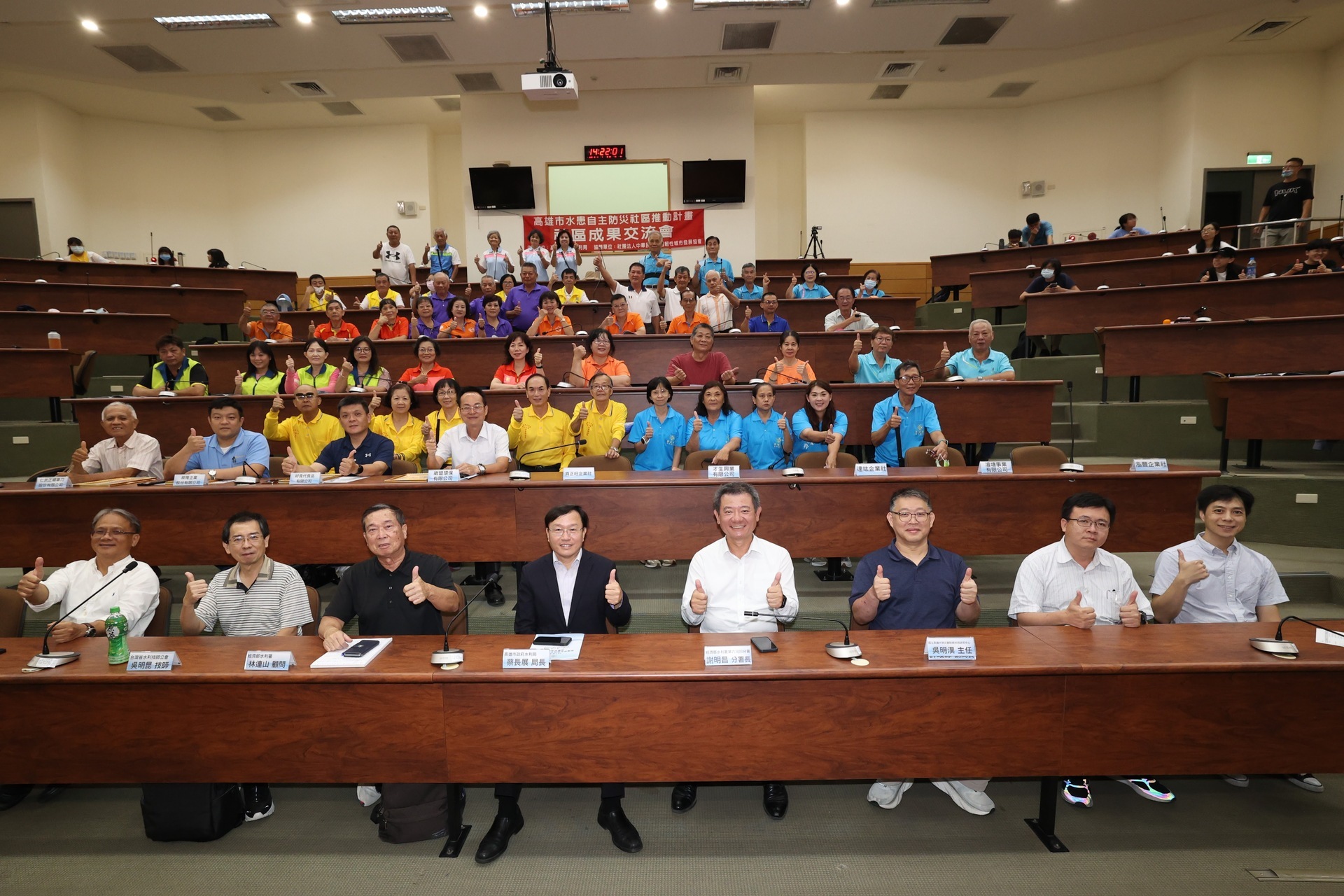
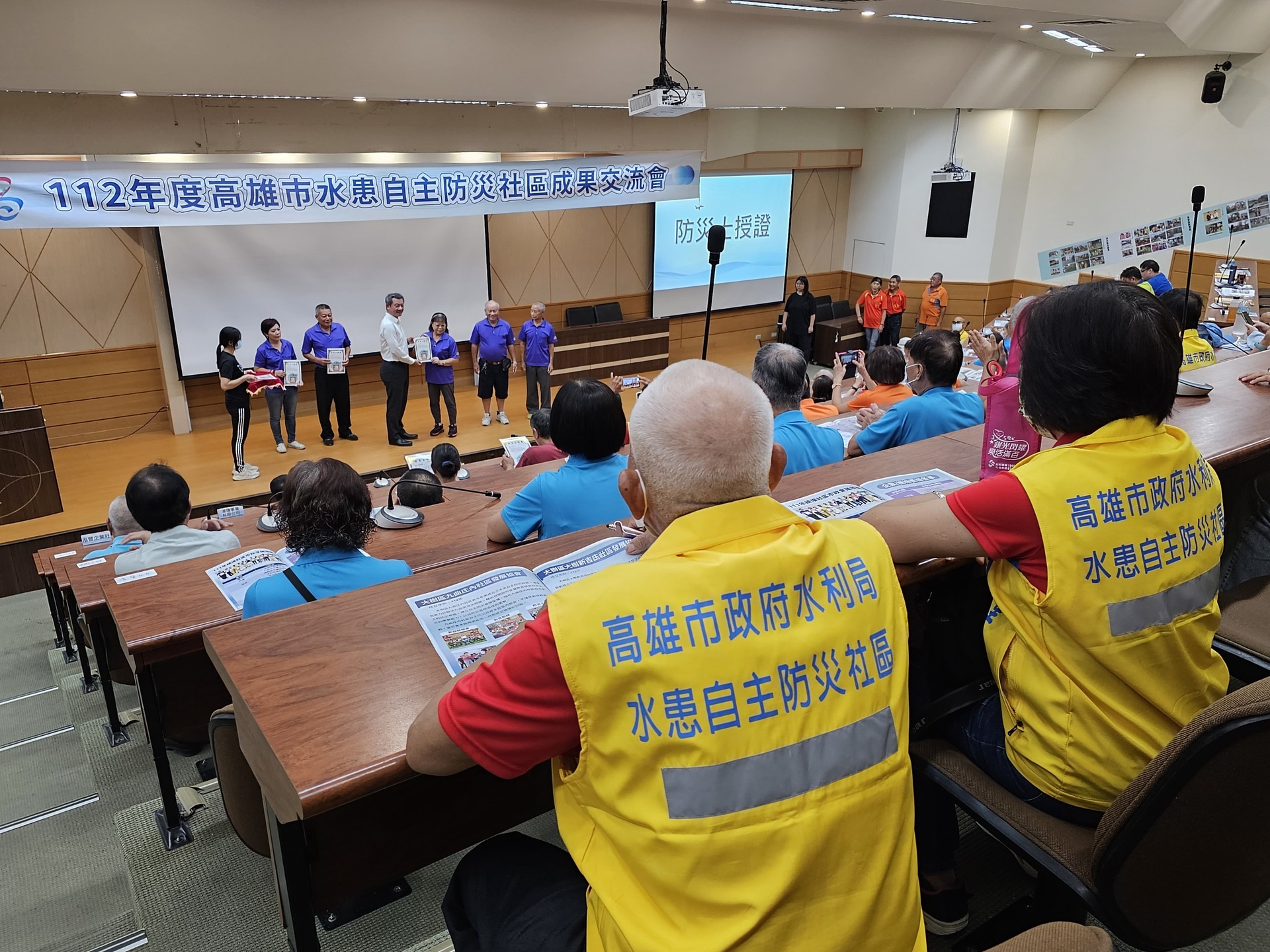
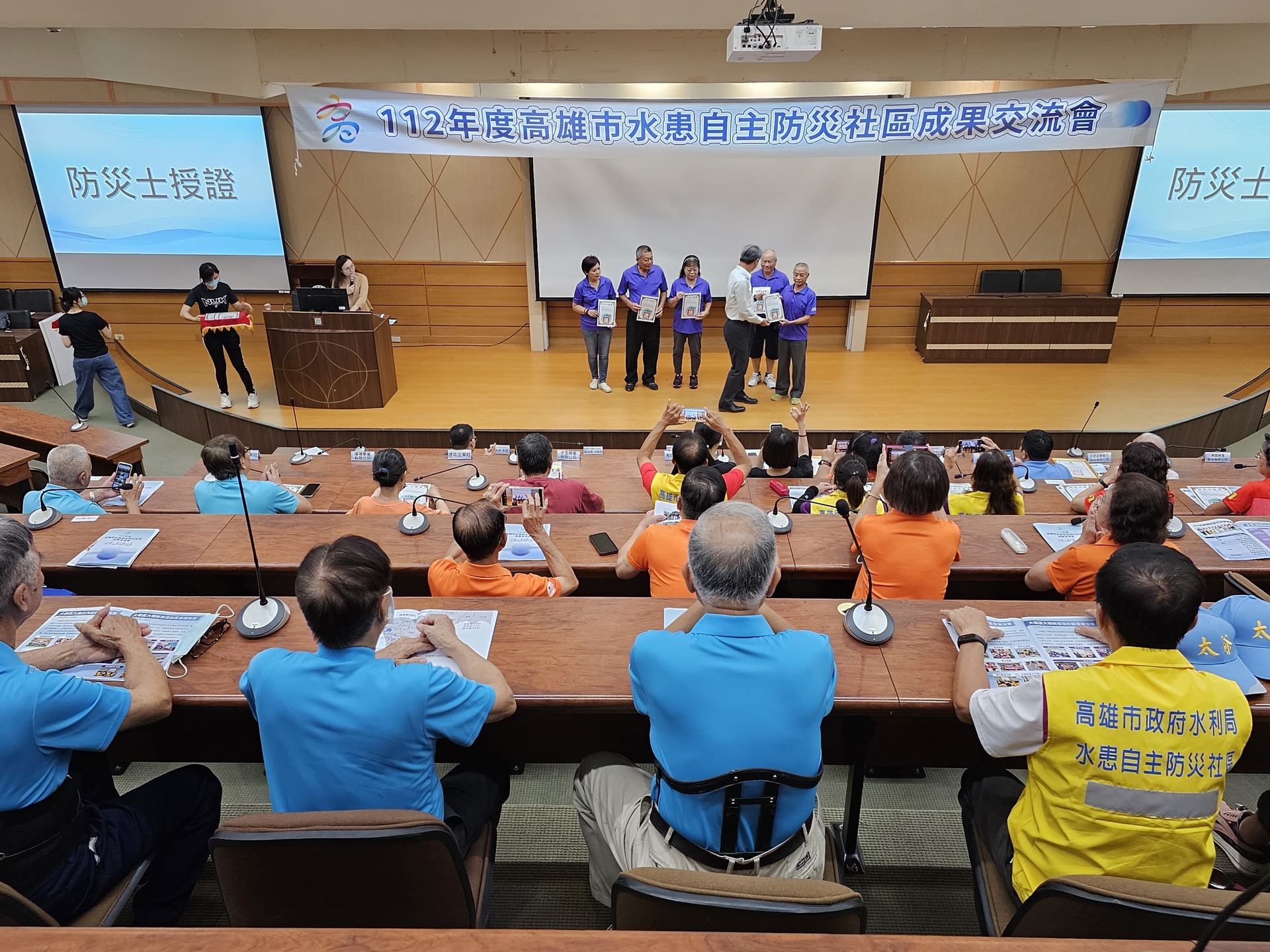
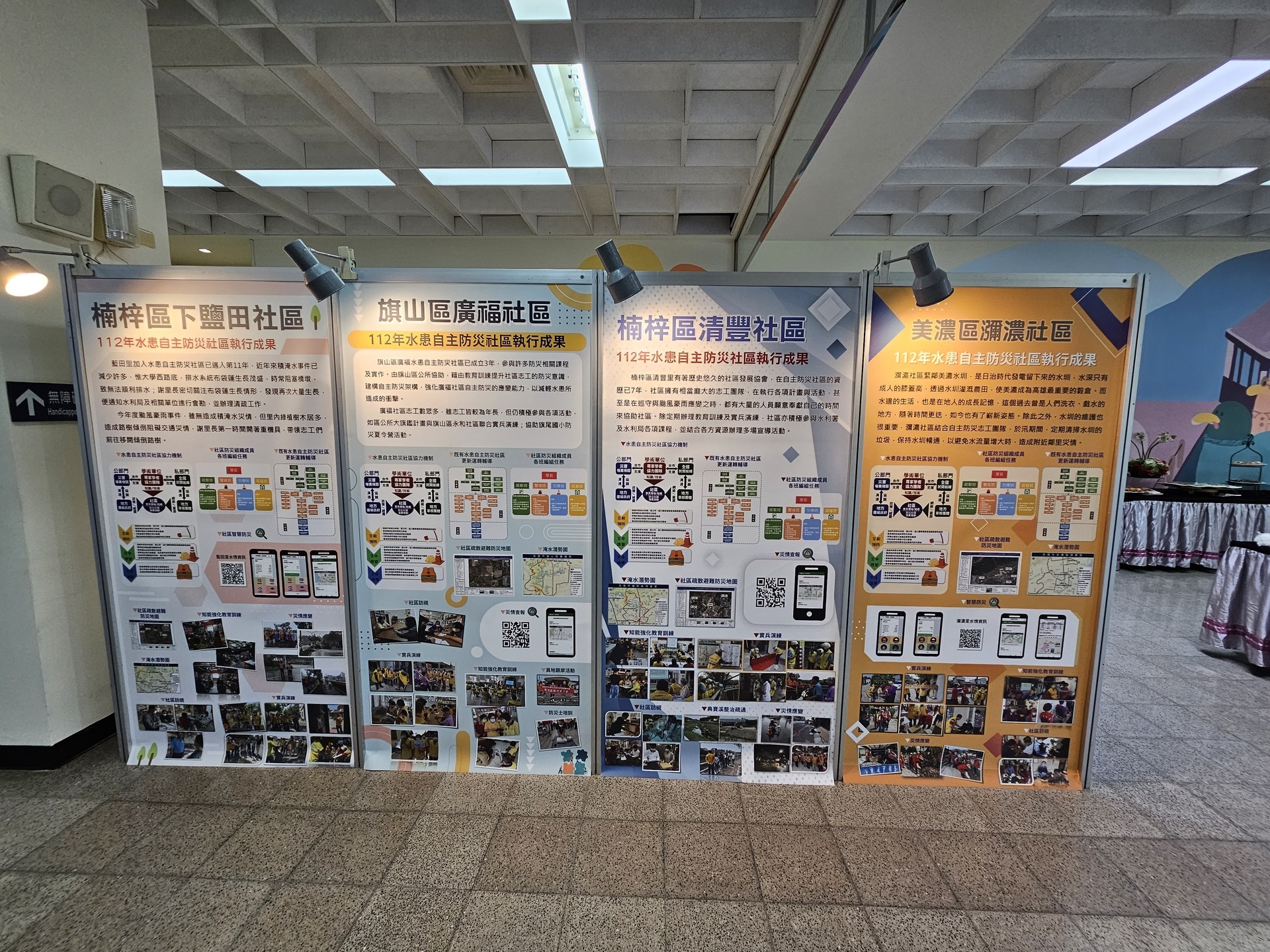
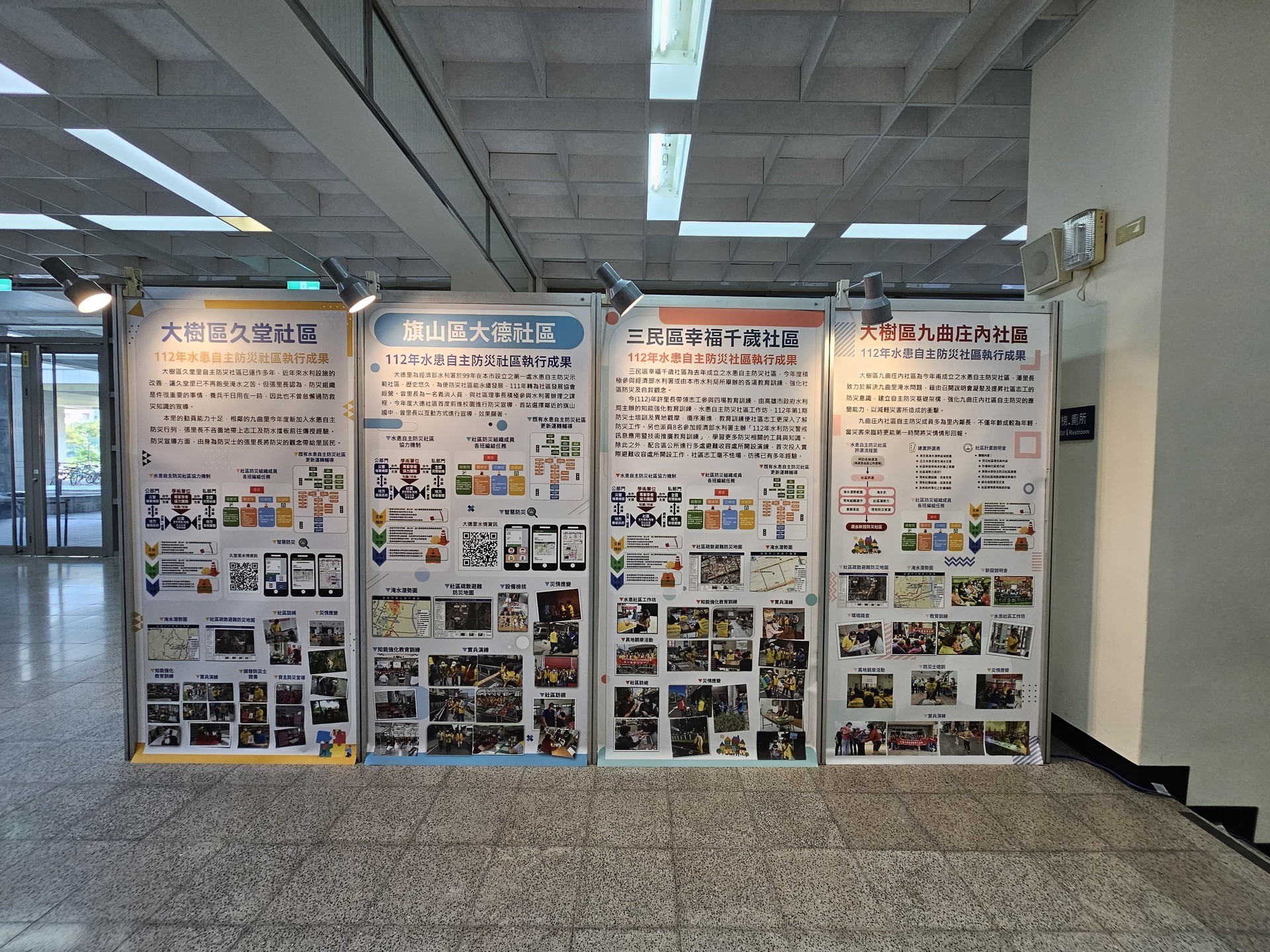
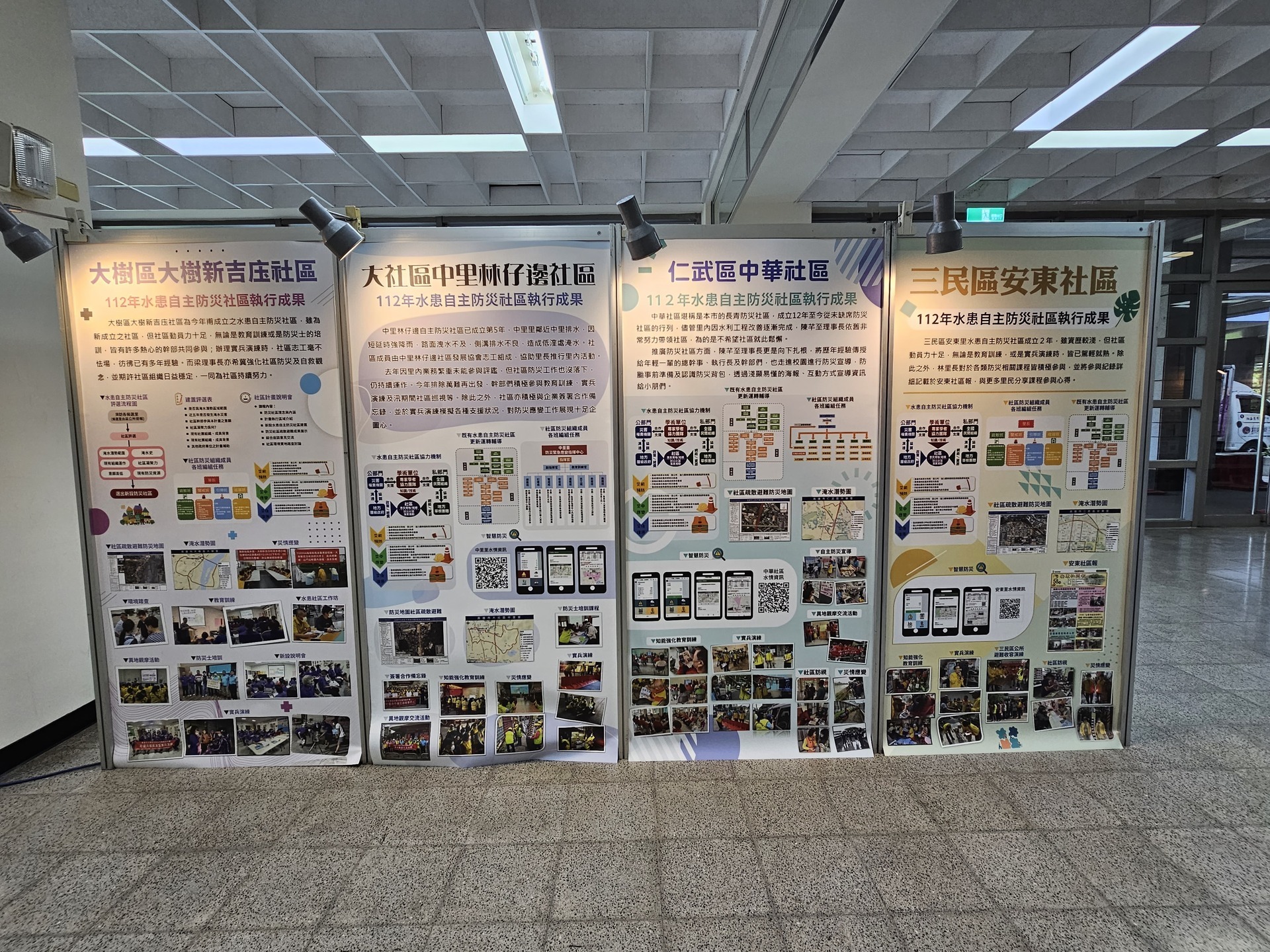
---
【Translator: Zhi-Yu Yang】
【Promotion of the United Nations Sustainable Development Goals (SDGs) series】
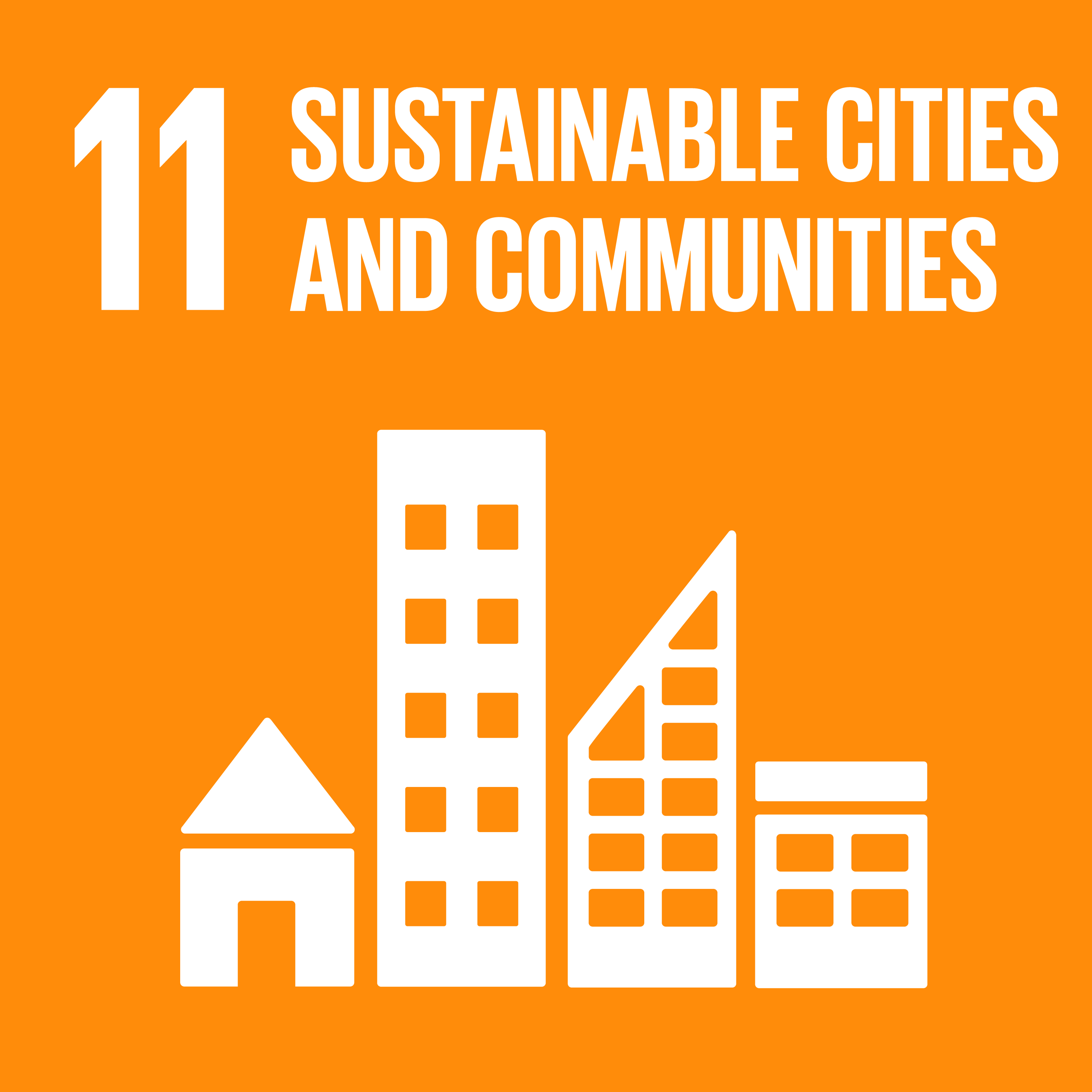
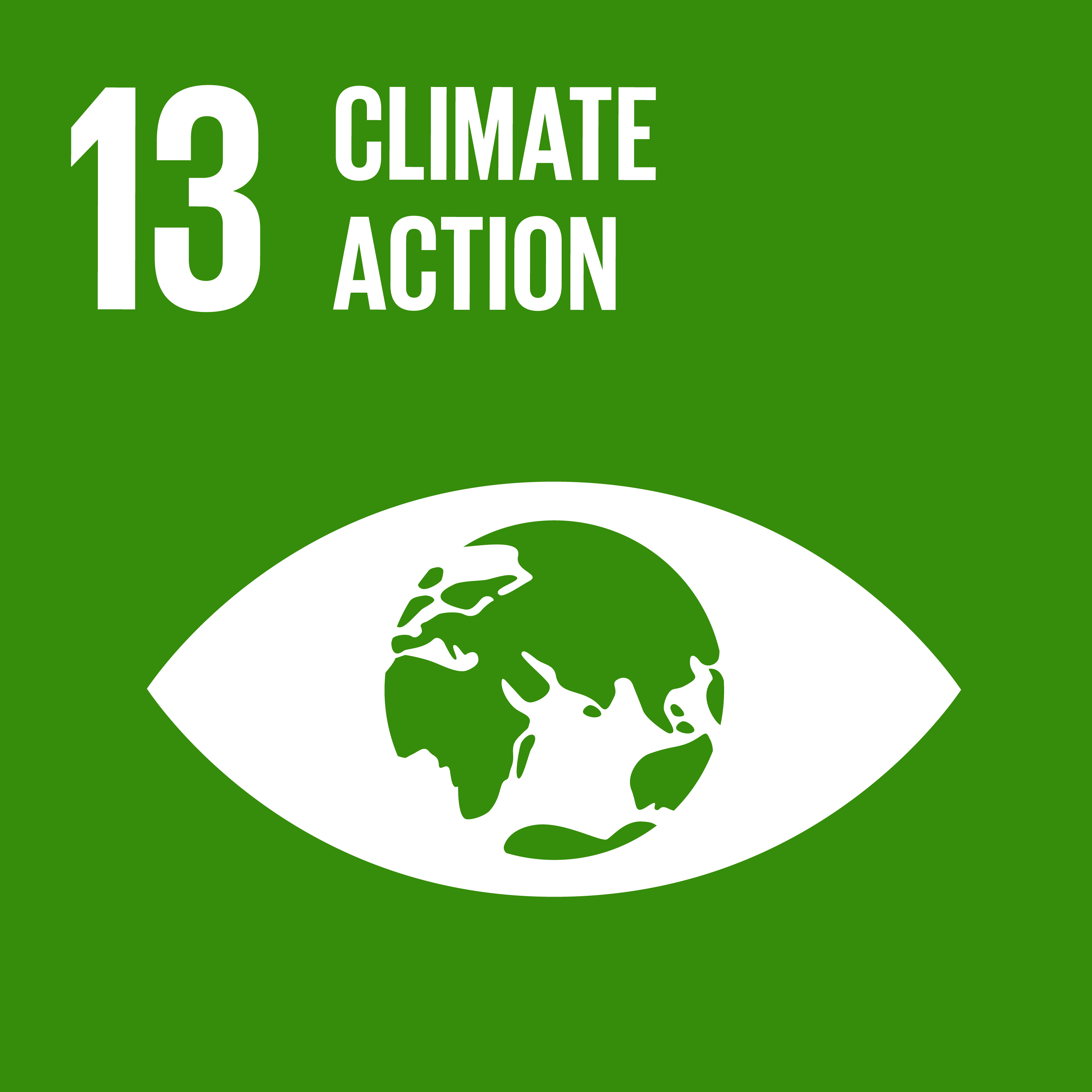
2023-10-13 On the 13th of October, the Kaohsiung City Government's Water Resources Bureau, in collaboration with NUK's Science and Technology Center for Disaster Prevention and Reduction and the Taiwan Resilient Cities Development Association, jointly organized the "112th Annual Kaohsiung City Flood Disaster Self-Reliance Community Achievement Exchange Meeting." During this event, they recognized outstanding communities, cooperative businesses, and organizations for their contributions to flood disaster self-reliance.
The event also featured a certification ceremony for disaster prevention personnel, emphasizing the importance of training individuals in disaster response and management. In addition, students from NUK participated in training programs. Upon completing their training, these students will be deployed to multiple communities, including Yong'an and Renwu, where they will actively engage in practical activities. Their role will involve raising awareness about disaster preparedness and helping build the community's capacity for self-rescue and mutual assistance.
This initiative highlights the collaborative efforts between government agencies, educational institutions, and local communities to enhance disaster preparedness and response and empower residents to take an active role in self-help and mutual assistance during emergencies.
The achievement exchange meeting took place at the National University of Kaohsiung. Director of the Water Resources Bureau, Kaohsiung City Government, Tsai Chang-Jhan, emphasized " communities " 's critical role in the disaster prevention system. Communities are the fundamental and most important part of this system. In addition to smaller-scale wind disasters, the increased frequency and scale of flooding due to global climate change have posed more significant challenges. Taiwan is no exception, and coping with disasters is becoming more complex.
The dedication of communities is a significant source of encouragement for the public sector. Learning how to coexist with disasters is a trend in future disaster prevention systems. Through this achievement exchange meeting and the community gathering, the event aimed to express gratitude for the communities' years of dedication to safeguarding homes together, even in the face of adversity.
Wu Min-hao, the Director of the Science and Technology Center for Disaster Prevention and Reduction at NUK, highlighted that the university is actively involved in implementing the Ministry of Education's "Higher Education SPROUT Project USR-Hub Program" and aligning it with the United Nations Sustainable Development Goals (SDGs) to promote concepts related to "resilient cities" and "resilient disaster prevention." As part of these efforts, the university has introduced a course titled "Disaster Prevention Skills and Practices" to encourage students to study and engage in community-based practical work. The goal is to guide students in becoming active participants in self-reliant disaster prevention communities, thus fulfilling the university's social responsibility.
NUK has trained nearly 50 students who are set to complete their training and gradually join various communities starting in October. These communities include Xin Gang Li in Yong'an District, Zhonghua Community in Renwu District, Baoshe Community in Daliao District, Linzai Bian Community in Chulai District, Dashu Xinjizhuang Community and Jiutang Community in Dashu District, Xiayantian Community and Qingfeng Community in Nanzih District, Taiye Community in Hunei District, and Dade Community in Qishan District. NUK's Science and Technology Center for Disaster Prevention and Reduction has been assisting the Kaohsiung City Government in promoting self-reliant disaster prevention communities for an extended period, and they have guided more than 40 such communities.
The Ministry of Economic Affairs Water Resources Agency initiated these self-reliant disaster prevention communities in 2010. They encompass areas in Taiwan prone to flooding. The idea is to engage residents in disaster prevention activities, raising their awareness of the crisis potential and encouraging them to participate in disaster prevention actions actively. The aim is to build the capacity for self-rescue and mutual aid among the community members. This approach strengthens community resilience and their ability to respond effectively to disasters.
---
#SDG11 #SDG13
